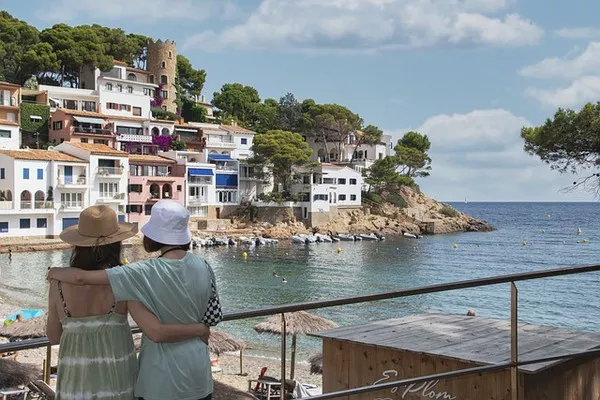Millions of Australians may soon enjoy a new public holiday dedicated to celebrating Indigenous culture, as part of groundbreaking treaty negotiations set to begin in Victoria.
These negotiations, which will be the first of their kind in Australia, are scheduled to commence before the end of the year between Premier Jacinta Allan’s administration and the First Peoples Assembly, elected by the community.
The proposed holiday would commemorate the date a treaty is signed, honoring the rich diversity of Indigenous cultures and languages throughout Victoria.
Ngarra Murray, a multi-clan traditional owner and co-chair of the Assembly, emphasized that this initiative stems from a collective desire among First Nations communities to integrate their cultures into everyday Victorian life. “This day is about inclusivity, a chance for us to celebrate as a community,” Ms. Murray stated. “Treaty involves all peoples who live on this land.”
In addition to establishing the public holiday, the Assembly will advocate for greater involvement in policy and funding decisions affecting Indigenous communities, which currently fall under the purview of Victoria’s First Peoples Minister, Natalie Hutchins. Rueben Berg, another co-chair of the Assembly and a member of the Gunditjmara community, highlighted the importance of ensuring government resources are allocated effectively. “We need to ensure that when the government spends funds on First Peoples, it does so in ways that yield meaningful outcomes focused on our community’s priorities,” he said. “Decisions about First Peoples must be made by First Peoples—that’s the crux of our message.”
The push for treaty-making in Australia dates back to 1963, with calls for formal agreements between Indigenous peoples and the Commonwealth. According to a group of academics from the University of Technology Sydney, such treaties signify a crucial shift toward enhancing Aboriginal and Torres Strait Islander involvement in policy development and service delivery.
To establish a treaty, three essential criteria must be met, as outlined by the UTS scholars. First, it must recognize Indigenous peoples as a distinct political community, separate from other Australians. “This acknowledgment is vital since Indigenous peoples were the original owners, occupiers, and governors of the continent prior to colonization,” they noted, further recognizing the historic and ongoing injustices stemming from the invasion.
Secondly, the treaty must arise from a fair negotiation process between equals, a framework being actively pursued in Victoria. Lastly, it requires both parties to commit to mutual responsibilities and principles that forge a continuing relationship of shared obligation.
“While the results of negotiations may vary, a treaty is fundamentally built on the recognition of Indigenous peoples’ inherent sovereignty,” the professors stated.
The journey toward establishing treaty-making in Victoria has taken years, evolving first under former Premier Daniel Andrews and now under Premier Allan. Berg asserted that the Assembly is determined to capitalize on the historic opportunity at hand.
“If we wait for the perfect moment, it will never come,” he remarked. “This is a powerful opportunity, and I believe the broader community recognizes that the current situation is untenable. We need to pursue a new path, and treaty represents that new approach.”
Related topics:
Greece Set for Mild and Dry Weather Over Holiday Weekend
Expedia Group Unveils Travel Trends Shaping 2025: Key Opportunities for Businesses

